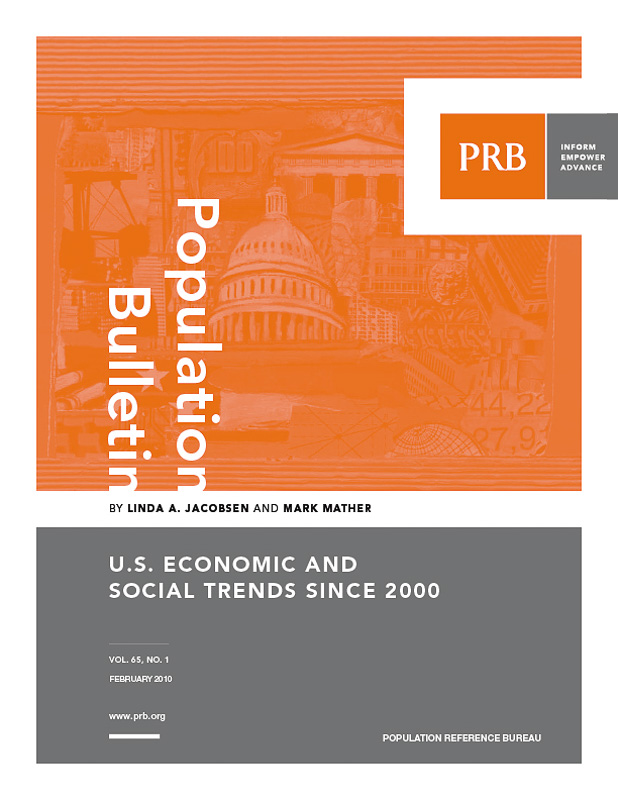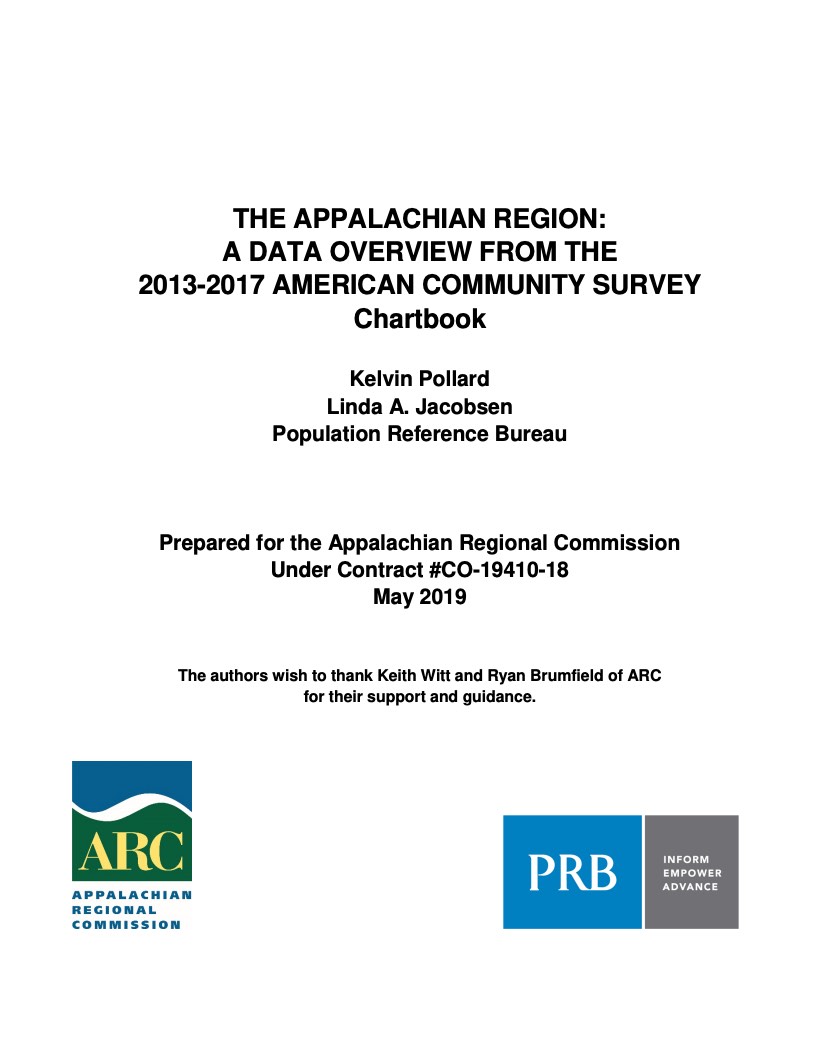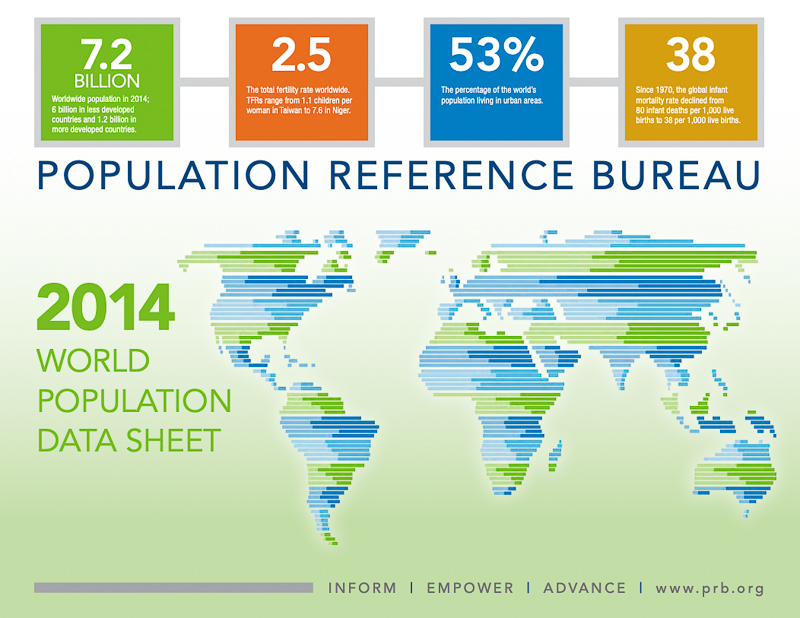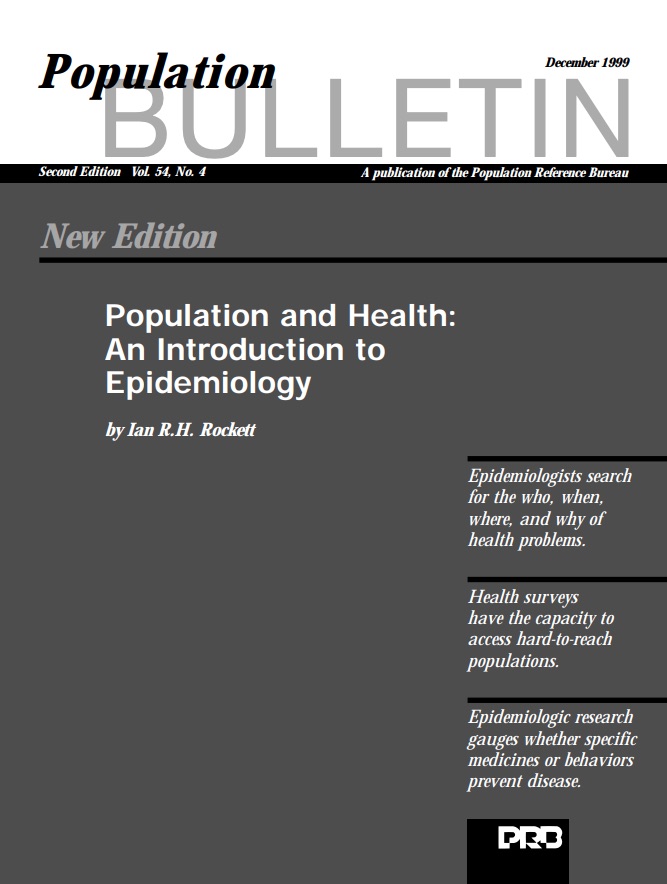Project:
PACE: Policy, Advocacy, and Communication Enhanced for Population and Reproductive Health
2014 World Population Data Sheet (PDF)
PRB’s World Population Data Sheet is an annual report on the world’s demographic, health, and environmental progress and challenges.
View Details
Array
(
[ID] => 4762
[id] => 4762
[title] => World-population-data-sheet-2014-cover
[filename] => World-population-data-sheet-2014-cover.jpg
[filesize] => 352987
[url] => https://www.prb.org/wp-content/uploads/2020/11/World-population-data-sheet-2014-cover.jpg
[link] => https://www.prb.org/resources/2014-world-population-data-sheet/world-population-data-sheet-2014-cover/
[alt] =>
[author] => 15
[description] =>
[caption] => 2014 World Population Data Sheet cover image
[name] => world-population-data-sheet-2014-cover
[status] => inherit
[uploaded_to] => 4760
[date] => 2020-11-23 22:40:32
[modified] => 2020-11-23 22:40:56
[menu_order] => 0
[mime_type] => image/jpeg
[type] => image
[subtype] => jpeg
[icon] => https://www.prb.org/wp-includes/images/media/default.png
[width] => 800
[height] => 618
[sizes] => Array
(
[thumbnail] => https://www.prb.org/wp-content/uploads/2020/11/World-population-data-sheet-2014-cover-580x315.jpg
[thumbnail-width] => 580
[thumbnail-height] => 315
[medium] => https://www.prb.org/wp-content/uploads/2020/11/World-population-data-sheet-2014-cover.jpg
[medium-width] => 300
[medium-height] => 232
[medium_large] => https://www.prb.org/wp-content/uploads/2020/11/World-population-data-sheet-2014-cover-768x593.jpg
[medium_large-width] => 768
[medium_large-height] => 593
[large] => https://www.prb.org/wp-content/uploads/2020/11/World-population-data-sheet-2014-cover.jpg
[large-width] => 800
[large-height] => 618
[1536x1536] => https://www.prb.org/wp-content/uploads/2020/11/World-population-data-sheet-2014-cover.jpg
[1536x1536-width] => 800
[1536x1536-height] => 618
[2048x2048] => https://www.prb.org/wp-content/uploads/2020/11/World-population-data-sheet-2014-cover.jpg
[2048x2048-width] => 800
[2048x2048-height] => 618
[huge] => https://www.prb.org/wp-content/uploads/2020/11/World-population-data-sheet-2014-cover.jpg
[huge-width] => 800
[huge-height] => 618
[small] => https://www.prb.org/wp-content/uploads/2020/11/World-population-data-sheet-2014-cover.jpg
[small-width] => 800
[small-height] => 618
[tiny] => https://www.prb.org/wp-content/uploads/2020/11/World-population-data-sheet-2014-cover.jpg
[tiny-width] => 800
[tiny-height] => 618
[smaller] => https://www.prb.org/wp-content/uploads/2020/11/World-population-data-sheet-2014-cover-768x593.jpg
[smaller-width] => 768
[smaller-height] => 593
[smallest] => https://www.prb.org/wp-content/uploads/2020/11/World-population-data-sheet-2014-cover-416x321.jpg
[smallest-width] => 416
[smallest-height] => 321
[blurry] => https://www.prb.org/wp-content/uploads/2020/11/World-population-data-sheet-2014-cover-204x158.jpg
[blurry-width] => 204
[blurry-height] => 158
[banner_img] => https://www.prb.org/wp-content/uploads/2020/11/World-population-data-sheet-2014-cover.jpg
[banner_img-width] => 800
[banner_img-height] => 618
[news_thumb] => https://www.prb.org/wp-content/uploads/2020/11/World-population-data-sheet-2014-cover-360x240.jpg
[news_thumb-width] => 360
[news_thumb-height] => 240
[media_thumb] => https://www.prb.org/wp-content/uploads/2020/11/World-population-data-sheet-2014-cover-408x315.jpg
[media_thumb-width] => 408
[media_thumb-height] => 315
[pullquote_thumb] => https://www.prb.org/wp-content/uploads/2020/11/World-population-data-sheet-2014-cover-335x300.jpg
[pullquote_thumb-width] => 335
[pullquote_thumb-height] => 300
[team_thumb] => https://www.prb.org/wp-content/uploads/2020/11/World-population-data-sheet-2014-cover-265x270.jpg
[team_thumb-width] => 265
[team_thumb-height] => 270
[team_small] => https://www.prb.org/wp-content/uploads/2020/11/World-population-data-sheet-2014-cover-360x360.jpg
[team_small-width] => 360
[team_small-height] => 360
[pdf] => https://www.prb.org/wp-content/uploads/2020/11/World-population-data-sheet-2014-cover-170x245.jpg
[pdf-width] => 170
[pdf-height] => 245
[gform-image-choice-sm] => https://www.prb.org/wp-content/uploads/2020/11/World-population-data-sheet-2014-cover.jpg
[gform-image-choice-sm-width] => 300
[gform-image-choice-sm-height] => 232
[gform-image-choice-md] => https://www.prb.org/wp-content/uploads/2020/11/World-population-data-sheet-2014-cover.jpg
[gform-image-choice-md-width] => 400
[gform-image-choice-md-height] => 309
[gform-image-choice-lg] => https://www.prb.org/wp-content/uploads/2020/11/World-population-data-sheet-2014-cover.jpg
[gform-image-choice-lg-width] => 600
[gform-image-choice-lg-height] => 464
)
)
Download
(0.3 MB)







